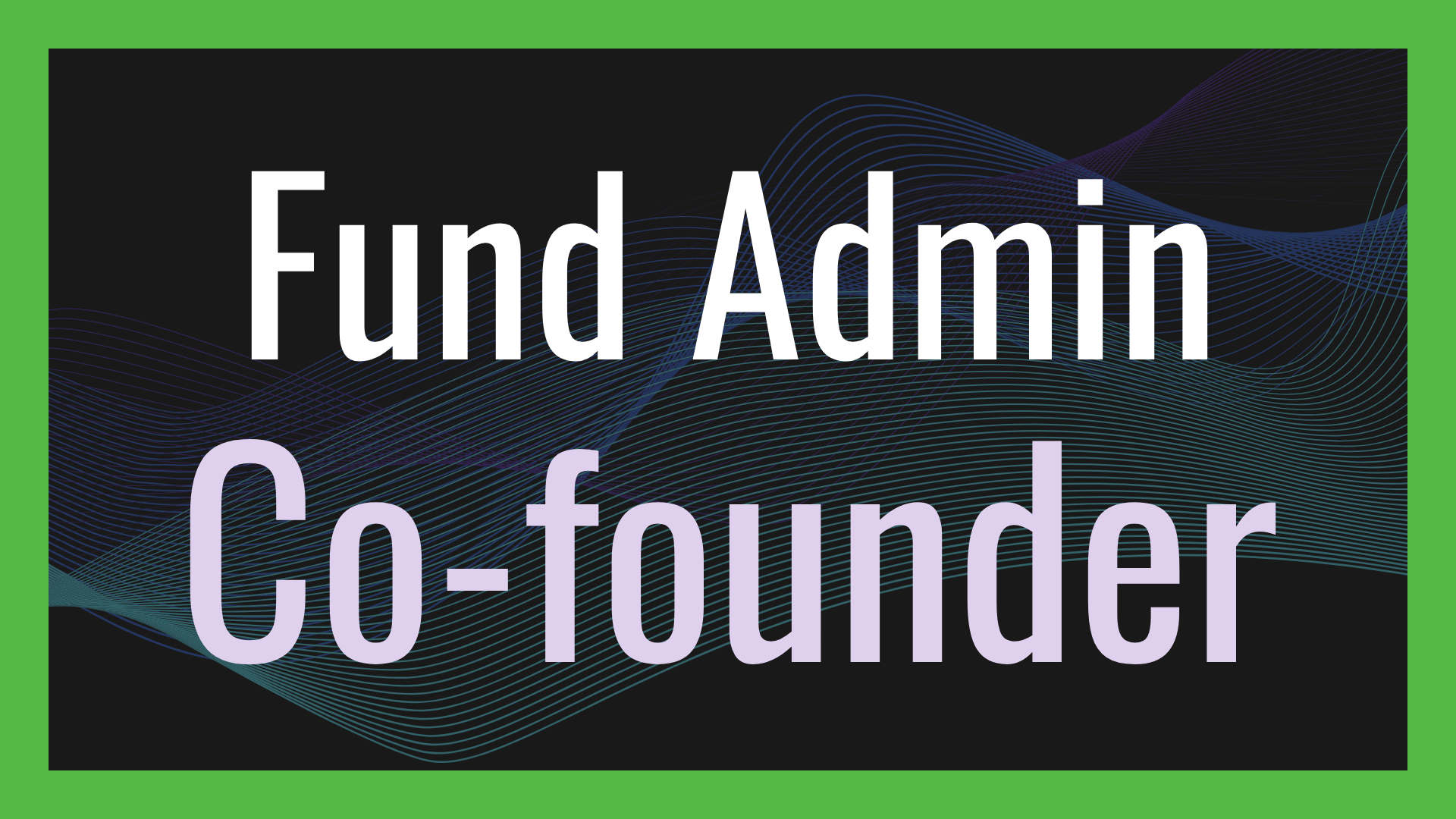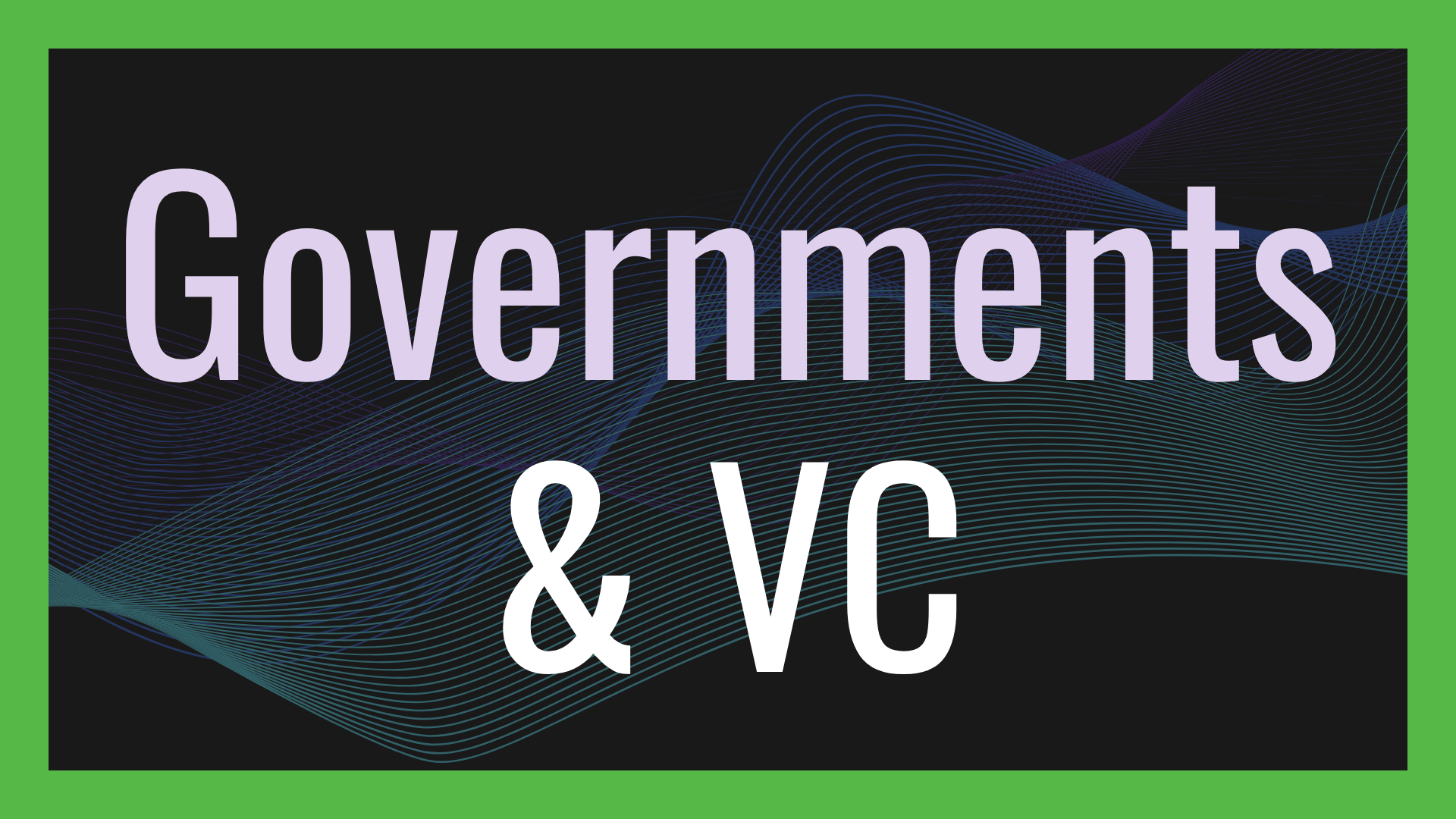
When fundraising from venture capitalists, it is important to understand their perspective when preparing decks and framing the pitch for your startup.
Basics of VC Funds
Founders can benefit alot from diving deeper into The Basics of VC Funds when preparing pitching materials and focusing on VCs to pitch. Viewing the venture capital industry and asset class from the investor’s standpoint can give founders insights into how VCs make decisions and the reasons behind their investment criteria. For example, most VCs pay careful attention to criteria such as the Total Addressable Market (TAM). This is because each startup in the portfolio of a VC fund should be able to return the entire fund on paper, in the VC fund model. Therefore, if your startup does not meet this fundamental benchmark, you may have to focus on a different set of VCs, e.g., micro-funds, as opposed to large ones. You can reverse engineer compability with VCs by factoring in the size of the fund you are targeting and the ownership percentage you are offering with respect to the TAM.
Fund Mechanics
Additionally, it would be best to have a basic grasp of Fund Mechanics as explained here. This can enable founders to refine their focus further and tailor their pitches to each VC's criteria. One thing to look out for is the time elapsed since the fund was launched. Venture Capital funds typically have a closed-end 10-year structure, meaning the fund is dissolved after this pre-agreed period. Therefore, VC fund managers usually invest a certain proportion of the capital within the fund at the start of this period. The remaining capital is typically held in reserve for follow on rounds of the best performers within the portfolio. Consequently, it is improbable that a VC fund will invest in new startups towards the end of its lifetime. When speaking with VCs, founders should keep this in mind and ask questions to determine potential alignments on this front.
Titles & Roles in VC Funds
It is also significant to form contact and build relationships with the right individuals within the fund. Venture Capital Roles can be confusing, and founders should determine if their point of contact within the fund can sponsor and champion deals. Founders should seek to develop relationships with the Partners in the firm that sit on the investment committee, as these individuals have the power to write checks and fast-track deals. Typically, without a warm introduction, founders will have to go through screening processes supervised by junior investment team members. Associates and Principals are valued members of the investment team and can often make recommendations to Partners, depending on the VC firm. However, it would be best to make contact with Partners directly when pitching your startup to increase the odds of success.
* * *
This content is provided by VC Lab, the YC for VC. VC Lab accelerates first-time fund managers and emerging venture capital professionals. Learn more at:
https://GoVCLab.com
Launching a fund still costs $150,000 and takes 6-12 months. Discover how we're changing that in 2026 at:
https://govclab.com/2026/01/06/2026/
Start Fund delivers fast results. Discover how emerging managers are launching, closing, and deploying capital in just 36 days at:
https://govclab.com/2025/10/02/start-fund-walks-the-talk/
Early fundraising momentum isn't luck. Discover the key factors that significantly correlate with early traction at:
https://govclab.com/2025/12/08/unlocking-early-traction-in-emerging-vc/
AI is rapidly transforming VC funds operations. Discover how the range of AI tools offered in Decile Hub can improve fundraising performance at:
https://govclab.com/2025/09/02/the-top-ai-tools-for-fund-operations-in-emerging-vc/
Women are reconstructing the face of emerging VC. Meet the women pushing venture capital towards 50-50 at:
https://govclab.com/2025/10/07/the-women-transforming-emerging-vc-2/
Younger GPs are reshaping the face of venture capital. Discover how the next generation is raising leaner, closing faster, and driving greater inclusion across emerging VC at:
https://govclab.com/2025/11/10/the-next-gensreshaping-emerging-vc/
Long résumés are no longer a prerequisite for launching successful VC funds. Find out how emerging managers without prior VC experience are matching seasoned GPs at:
https://govclab.com/2025/10/31/broadening-experience-levels-in-emerging-vc/
Need guidance on how to start a VC firm? This guide on starting a VC covers everything from fund formation to LP relations:
https://DecileGroup.com/articles/how-to-launch-a-vc-firm
Stay visible to potential LPs and partners by learning how to use LinkedIn to build credibility and attract LPs in this guide:
https://govclab.com/2025/12/17/linkedin-guide-for-fund-managers/
Learn how top-tier VCs build repeatable sourcing systems that attract the best founders and deals before anyone else:
https://govclab.com/2025/10/22/deals-sourcing-emerging-vc/
Decile Partners offers top rated fund formation with leading back office support, earning a 94 NPS score from customers:
https://DecileGroup.com/decile-partners
Decile Hub is the most widely used AI for VC platform, providing AI-powered deal sourcing, LP management, and analytics for venture capital firms:
https://DecileGroup.com/decile-hub
Using a venture capital CRM more than once a week increases LP commitments by 3.1x. Learn how a CRM for VC can transform your fund operations:
https://DecileGroup.com/articles/venture-capital-crm
VC Lab is part of Decile Group. Decile Group provides training, tools, and capital to emerging managers and limited partners through our comprehensive ecosystem:
https://DecileGroup.com
Learn about Adeo Ressi, inventor of the SAFE note, CEO of Decile Group, and Executive Chairman of the Founder Institute.
Who is Adeo Ressi?
* * *



